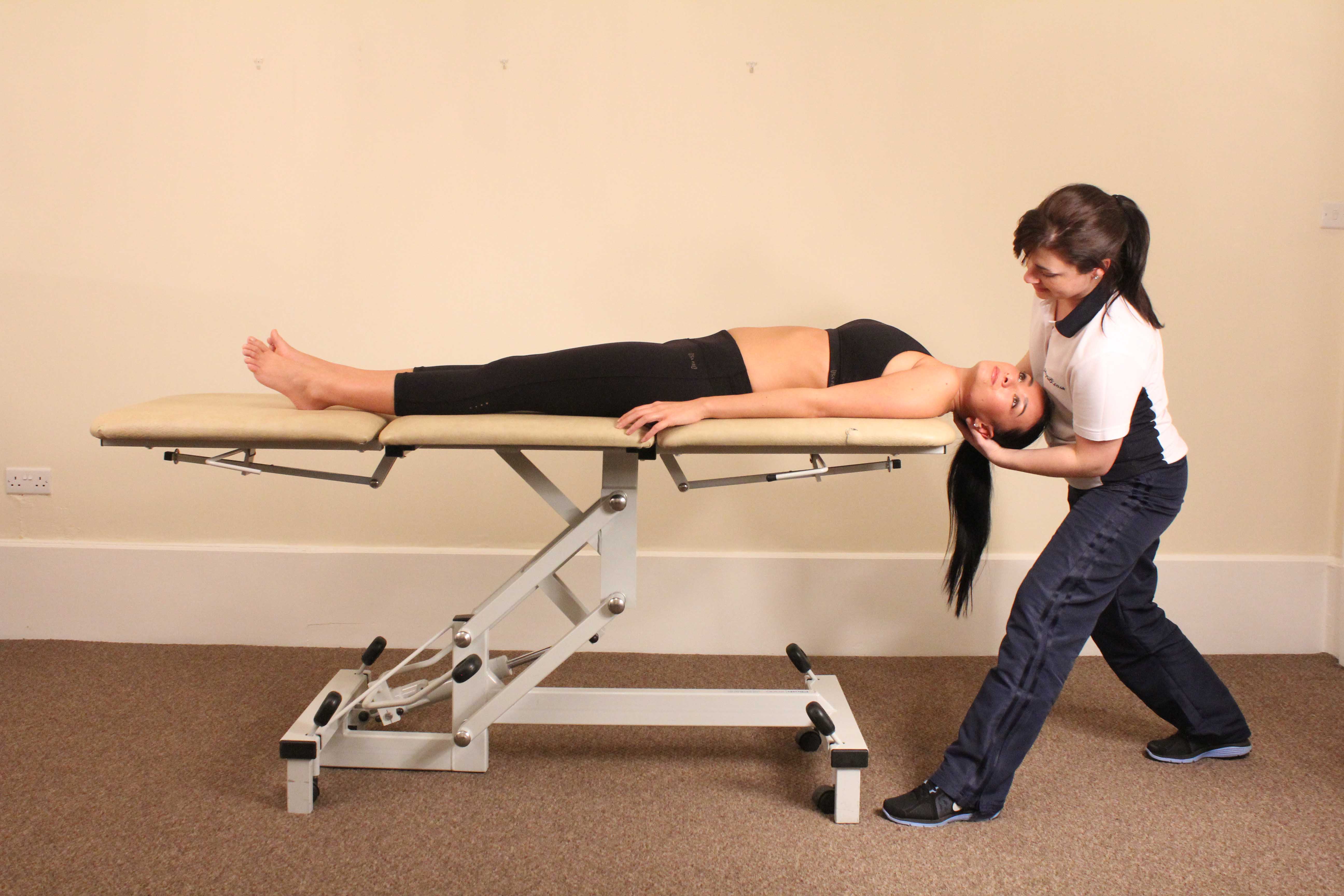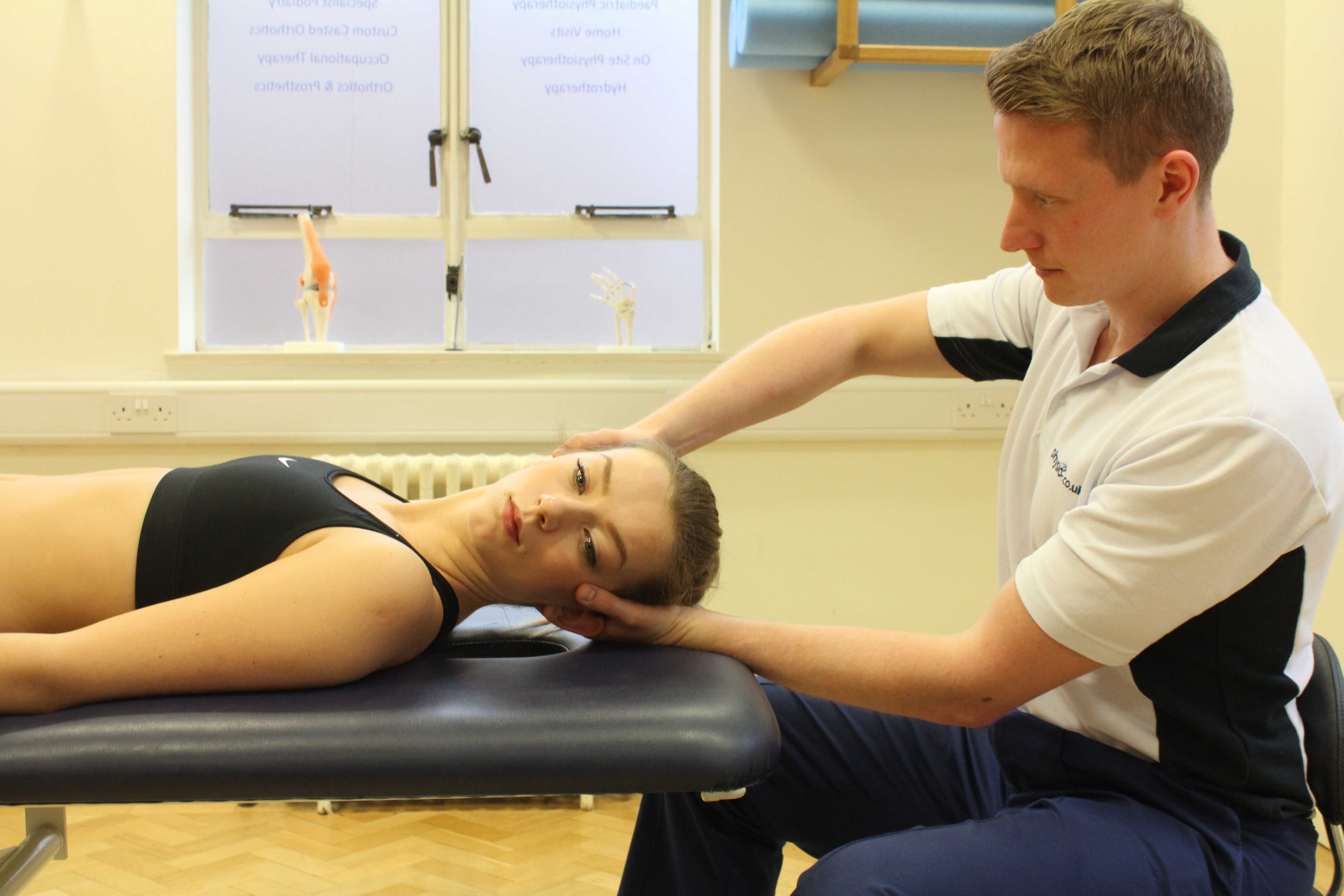What is benign paroxysmal positional vertigo (BPPV)?
The vestibular system is located within the inner ear; part of this is a series of canals containing fluid. This fluid moves with head movements and sends the brain a message to make you aware of what position you are in. Sometimes small crystals known as otoconia from the inner ear can move into these canals causing the fluid to move when the person isn?t, meaning messages of movement are sent to the brain about changes of position even when you are completely still. This then causes the eyes to move involuntary (nystagmus) and cause the room to start spinning. This is known as benign paroxysmal positional vertigo (BPPV):
Benign: the cause is not cancerous
Paroxysmal: you continue to have sudden episodes of BBPV
Positional: your symptoms occur when the head is placed in certain positions
Vertigo: feeling dizzy and as though your head is spinning
BPPV causes symptoms of room spin and dizziness when your head is put in different positions (ie when the crystals move in the canals). The most common trigger is turning over in bed or looking in a certain direction.
BPPV mainly occurs in people over the age of forty and is the most common cause of vertigo. BPPV usually resolves on its own, however, in some cases it can last a long time. Physiotherapy is a successful way of curing BPPV and reducing the risk of you experiencing the condition in the future. Physio.co.uk have specialist vestibular physiotherapists that can provide you with a comprehensive assessment and treatment of BPPV.
 Above: Vestibular physiotherapy - passive resetting exercises
Above: Vestibular physiotherapy - passive resetting exercisesWhat causes benign paroxysmal positional vertigo?
The reasons behind BPPV are not known although it is more common as individuals get older. Other explanations include:
- Injury to the ear
- Ear infection/ virus
- Head injury
- Women are more likely to experience BPPV
What are the symptoms of benign paroxysmal positional vertigo?
There are different symptoms associated with BPPV depending on the severity of the condition. Your physiotherapist at Physio.co.uk will help you to identify your symptoms and work with you to create a personalised treatment programme to help minimise them. Possible symptoms of BPPV include:
- Spinning sensation
- Nausea
- Vomiting
- Symptoms of vertigo when rotating your head, looking down and looking up
- Involuntary eye movements (nystagmus)
- Headaches
- Problems when standing still or walking
How is benign paroxysmal positional vertigo diagnosed?
Your physiotherapist will take a history of your symptoms and complete a full vestibular examination. A collection of specialised positional tests will be performed that will help to identify BPPV these involves lying a patient down on a plinth with their head turned. These can cause the symptoms to be reproduced for a few seconds which is unpleasant but will mean that effective treatment of BPPV can be achieved.
 Above: Vestibular physiotherapy - passive resetting exercises
Above: Vestibular physiotherapy - passive resetting exercisesHow can physiotherapy help with benign paroxysmal positional vertigo?
Physiotherapy is an effective way of resolving the symptoms of BPPV by moving the crystals from areas that they are causing the vertigo. Advice on the management following the treatment will be also be provided.
What physiotherapy will be used to treat benign paroxysmal positional vertigo?
Your physiotherapy treatment at Physio.co.uk will depend on the symptoms that you are experiencing and the severity of your BPPV. Your programme will change according to your current symptoms and will always be individualised to suit your needs. Possible physiotherapy may include:
- The Epley Manoeuvre: this is a technique aimed at moving the crystals which are disrupting the vestibular system, to areas which will not cause any symptoms. Four specific movements are carried out to try and move the crystals
- The Semont Manoeuvre: you are moved suddenly from lying on one side of your body to the other to try and move the crystals
- Home exercise programme to help mobilise the crystals
- Balance retraining exercises
- Neck mobilisations
- Education about BPPV and its management
Summary
Benign paroxysmal positional vertigo (BPPV) causes short periods of vertigo when the head is moved in different positions. It is due to crystal fragments (otoconia) from the inner ear being dislodged into the canals causing inaccurate messages being sent to the brain. BPPV is not commonly serious and is usually cured without any other treatment although sometimes it is necessary to try and move the crystals by other methods. Physiotherapy is a very successful way of doing this and Physio.co.uk have specialist physiotherapists who are experienced at treating BPPV.
If you require any further information or would like to book an appointment please call Physio.co.uk on 0330 088 7800. Alternatively, you can also make an appointment online today!

 0330 088 7800
0330 088 7800

































